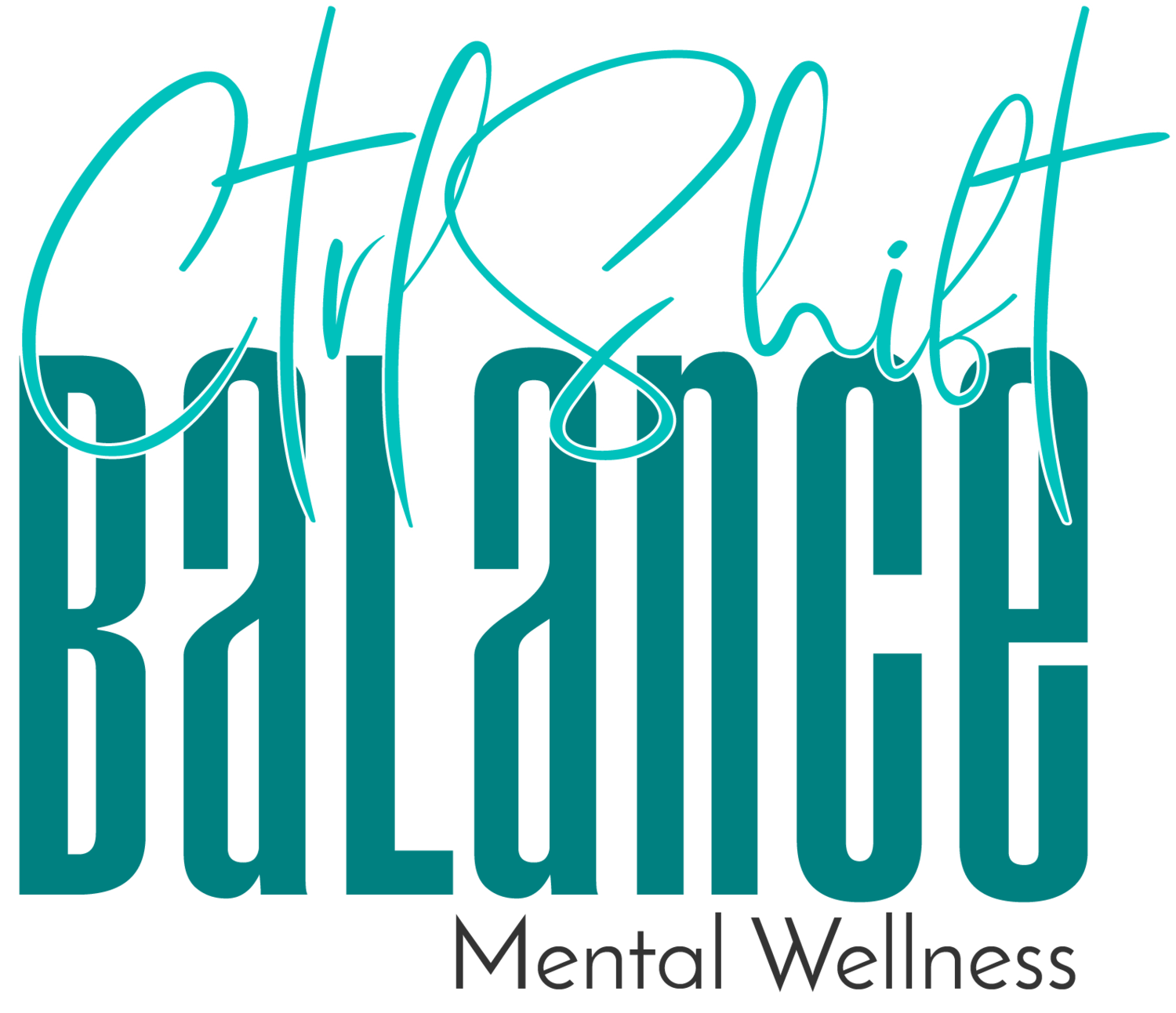Therapy for Perfectionists: What to Expect and Why It Works
You’re known for being the dependable one. The one who gets things done. The one everyone can count on. But secretly, you're tired. Tired of overthinking, second-guessing, and feeling like nothing you do is ever enough.
If you’ve been silently struggling under the weight of perfectionism, therapy can be a powerful space to unlearn the pressure—and relearn how to breathe, trust, and feel like you again.
In this post, I’ll walk you through what therapy for perfectionists actually looks like, why it works, and how it can help you feel both accomplished and at peace.
First, What is Perfectionism—Really?
Perfectionism isn’t just about wanting things to be neat or “just right.”
It’s often rooted in fear—fear of failure, judgment, being seen as not enough, or losing control.
It shows up as:
Constantly over-preparing or over-delivering
Avoiding tasks you’re unsure you can master
Difficulty celebrating your wins
Guilt when resting or saying no
An inner critic that never shuts off
For high-achieving women, perfectionism is often praised and even rewarded. But over time, it creates burnout, anxiety, and disconnection from self-worth.
What to Expect in Therapy for Perfectionists
Therapy isn’t about fixing you.
It’s about freeing you—from patterns, beliefs, and emotional weight that no longer serve you.
Here’s what you can expect in our work together:
1. Clarity on Your Patterns
We’ll gently uncover:
The roots of your perfectionism (family dynamics, trauma, societal pressure)
How it shows up in your work, relationships, and sense of self
The unspoken rules you’ve been living by (like “If I don’t do it perfectly, I’ll disappoint everyone.”)
Why this matters: You can’t change what you don’t name.
2. Tools to Quiet the Inner Critic
You’ll learn strategies to:
Identify and challenge negative self-talk
Develop a voice of self-compassion
Set boundaries with your own unrealistic expectations
Why this matters: When you learn to be kinder to yourself, you start to perform less and live more.
3. Rewiring Your Beliefs
Using evidence-based practices like Cognitive Behavioral Therapy (CBT), Brainspotting, and somatic tools, we’ll address the mental and emotional root of your need to prove, please, and perfect.
You’ll practice:
Letting go of all-or-nothing thinking
Releasing guilt when you rest
Redefining success on your terms
Why this matters: You’ll stop operating from fear—and start leading from alignment.
4. Creating a New Normal
Our goal isn’t to make you “less successful.”
It’s to help you succeed with more peace, clarity, and confidence.
Together, we’ll build:
Sustainable habits that support rest, joy, and balance
Boundaries that protect your time and energy
A deep inner knowing that you are enough—even when things aren’t perfect
Why this matters: You deserve to feel free inside your own life.
Why Therapy Works for Perfectionists
Perfectionism thrives in silence and shame.
Therapy offers a safe, judgment-free space where you don’t have to perform. You can just be.
With the right support, you can finally:
Break the cycle of burnout
Feel proud and peaceful
Lead, love, and live without always needing to “prove” your worth
Let’s Talk About What’s Underneath the Pressure
You don’t have to carry it all.
You don’t have to get it all right.
And you’re not alone.
If you're ready to explore therapy for perfectionism, I’d be honored to walk with you.

